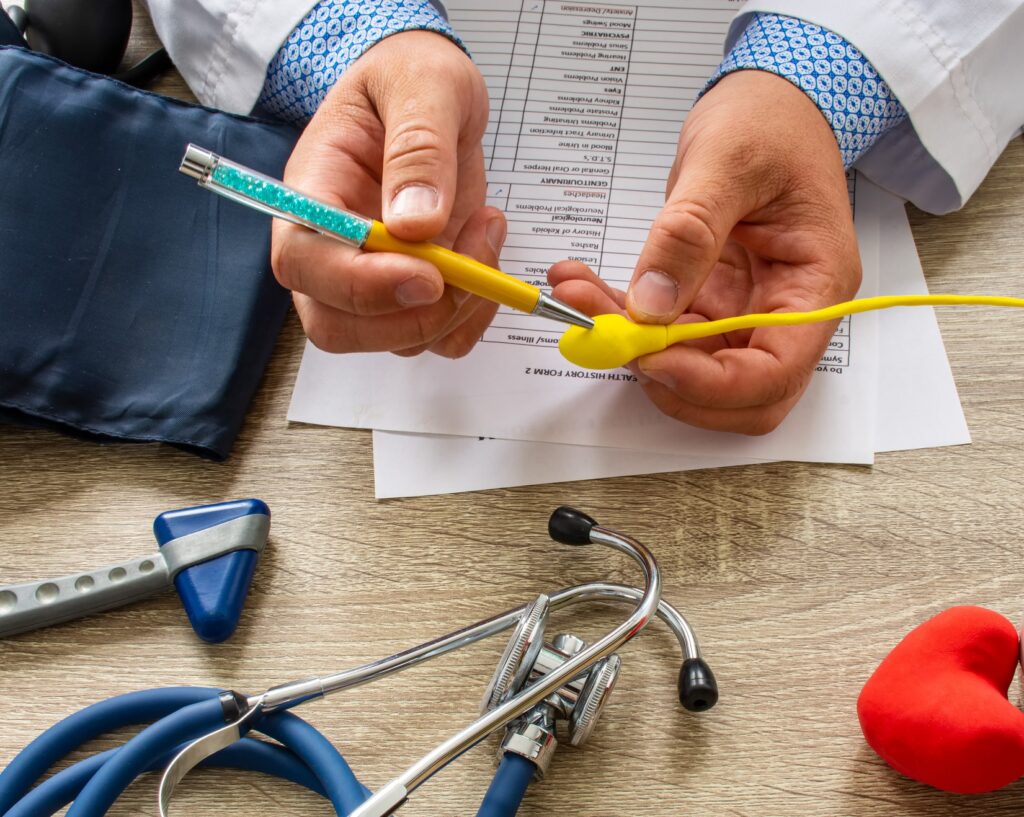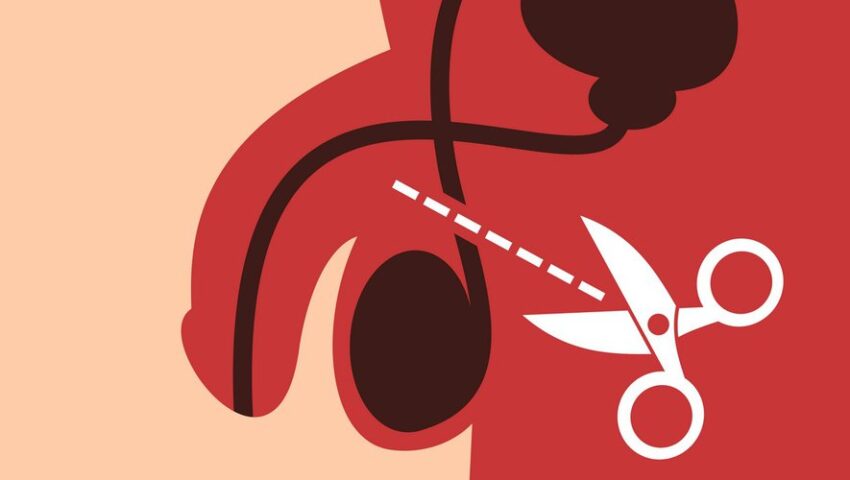Choosing to have a vasectomy is a big choice and should be handled with care, much like any other medical procedure. A Vasectomy is one of the most popular methods of sterilization and is a very safe and common procedure. A vasectomy provides a form of birth control with a high track record of effectiveness. While it is common and safe, there are still some things you’ll want to consider before you make your final decision.
1. Types of Vasectomy

There are two different types of vasectomy surgeries that are offered to patients. These two types are: conventional vasectomies and no-scalpel vasectomies. In these two methods, you may or may not need to be sedated but this will be discussed based on your nerves, your anatomy, and your doctor.
Before deciding, you will want to talk to a specialized doctor to see which procedure would be a better fit for you. Obviously, before moving forward with a decision, you should be aware of the different types and how they vary, along with which would be a better fit for you.
2. Recovery

For a few days after a vasectomy, the patient may feel sore or feel discomfort. Doctors often recommend one full day of rest, and a full week for recovery. This means that you might want to take a few days off for work or schedule your procedure near the end of your work week so you can return with ease on Monday.
During the few days of recovery, doctors recommend avoiding strenuous activity or any heavy lifting. Often, patients are encouraged to wear scrotal supporters for a few days to aid with the recovery process. They also recommend refraining from sexual activity for at least two weeks. Because of these limitations, we encourage you to plan your procedure accordingly, during a time in which you can rest and have the best recovery possible.
3. Risks
When it comes to risks, vasectomies are considered a safe and easy operation. Though, sometimes they can lead to complications and risks, such as swelling, bruising, inflammation, or infection. These complications can lead to bleeding in the scrotum, scrotum growth or severe pain.
While recovering, you should be aware and cautious of any redness, swelling or fever symptoms that might be a sign of infection. Post-vasectomy pain syndrome is not common (1 or 2 men out of 100 vasectomies) and can be treated with pain medication.
4. Success Rate

Failed vasectomies are not common but like anything, are possible. Your doctor will recommend you have a follow-up after the procedure so you can be sure everything went as planned. Even when sexual activity is safe for you to participate in, the vasectomy may not yet be effective.
5. Reversibility
If you don’t want children now, but may change your mind later, you may not want to partake in a vasectomy. While it is often possible to reverse a vasectomy, sometimes this is not an option. Reversal surgery is a complicated process that is not guaranteed to work, and can often be very costly, even if ineffective.
Reversal and regret rates have been found to be highest for men who got vasectomies before the age of 30. Their reversals usually happen after 5 years, when they meet a new romantic partner. We encourage you to be certain about your decision.
6. Sex Libido

It is a common bit of misinformation that vasectomies have a negative effect on a patient’s libido. If the operation is done correctly by a trusted doctor, a vasectomy will have no impact and your sexual health and activity will remain the same. They won’t affect your sexual health, your sexual organs and should not cause pain during sex. In fact, it has actually been found vasectomies can have positive effects on sexual activity.
7. Your Medical History

Before considering a vasectomy, you might want to look at your medical history or your family’s medical history. You should always share this information with your doctor so you can avoid any complications it may bring along.
This might be past pain you have felt in your scrotum, any deformities, or prostate issues you’ve had, or any prostate or testicular cancer in your family. This is important because it was found in a 5-year study that men who had scrotal pain in the past were more common to have pain post-operatively, or more common to develop post-vasectomy pain syndrome.
8. Doctor’s Experience
Before signing on to a vasectomy with your doctor, you may be interested in learning about their experience and be sure to schedule your procedure with a board certified urologist who specializes in vasectomies. Don’t worry, inquiring about your doctor’s experience is not rude or overstepping. You have every right to know your doctor’s education and experience because they will be operating on your body.
You may want to ask how many vasectomies they have performed in the past, any complications they’ve experienced in the past, and if they will be performing your entire procedure. Sometimes, operations are used as a learning experience for nurses or trainee medical staff. It’s best to ask so you know what to expect.
9. Consultation

Before any major operation, you should always have a consultation with your doctor. In this meeting, you can ask any questions or voice any concerns you have. This is where you would discuss your medical history, reversibility, risks, ask about your doctor’s experience and other concerns we’ve already mentioned on this list. While we can catch you up on them, you should always prepare for your consultation so you can get the most out of your doctor and their knowledge.
10. Spousal Consent
Finally, some doctors will require your spouse’s consent for your surgery. This may come as surprise, but some doctors do this in order to protect themselves legally. A doctor can refuse to do your surgery if you deny them this written consent, so make sure to discuss this with your doctor.
If this is something you don’t agree with, find a doctor that has similar beliefs. We believe you are the one in control of your body, so we encourage you to make sure your decision feels right and fair to you.

